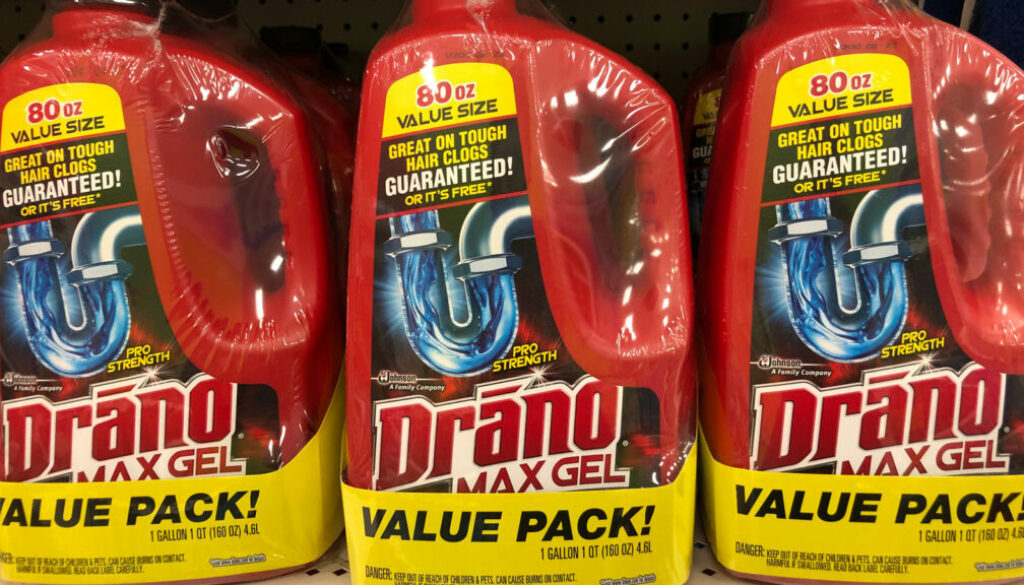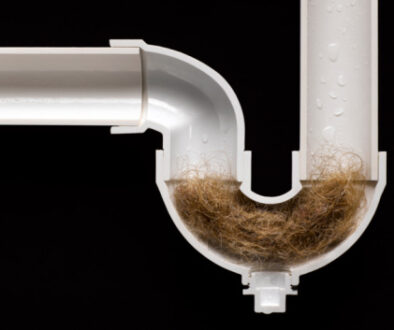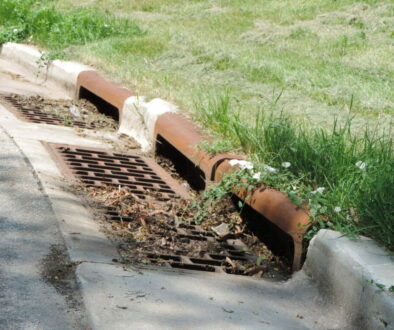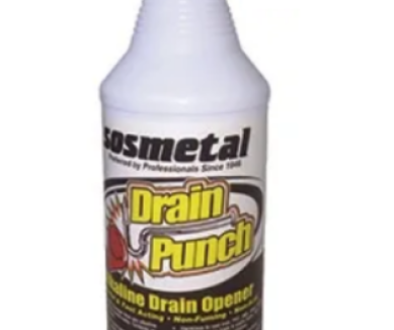What To Do If You Inhale Drain Cleaner Fumes
If you ever find yourself in the unfortunate situation of inhaling drain cleaner fumes, it’s important to know what steps to take. Don’t panic, because I’ve got you covered! In this guide, I’ll walk you through what to do if you accidentally inhale those potent fumes. So sit tight, take a deep breath (not literally), and let’s get started on keeping you safe and sound.
Picture this: you’re cleaning your bathroom, and suddenly you’re hit with a strong smell of chemicals… uh-oh! What now? Well, the first thing to remember is not to underestimate the power of those fumes. Inhaling drain cleaner fumes can cause serious damage to your respiratory system and overall health. But fear not! There are specific actions you should take immediately to minimize any potential harm.
When it comes to inhaling drain cleaner fumes, acting quickly is crucial. The first step is to remove yourself from the contaminated area. Find fresh air ASAP and step outside or open a window. Then, take a moment to assess how you’re feeling. Are you experiencing any symptoms like coughing, difficulty breathing, or burning sensations? If so, it’s important to seek medical attention right away. Your health is of utmost importance, so never hesitate to get professional help if needed.
Remember, accidents happen, but knowing what to do in these situations can make a world of difference. So, let’s keep our cool, stay safe, and dive into the next sections to better understand how to handle the aftermath of inhaling drain cleaner fumes. You got this!
– Step 1: Move to a well-ventilated area.
– Step 2: Open windows and doors to increase airflow.
– Step 3: Rinse your mouth and nose with water for at least 15 minutes.
– Step 4: Seek medical attention immediately.
Remember, quick response is crucial. Stay calm and prioritize your health.
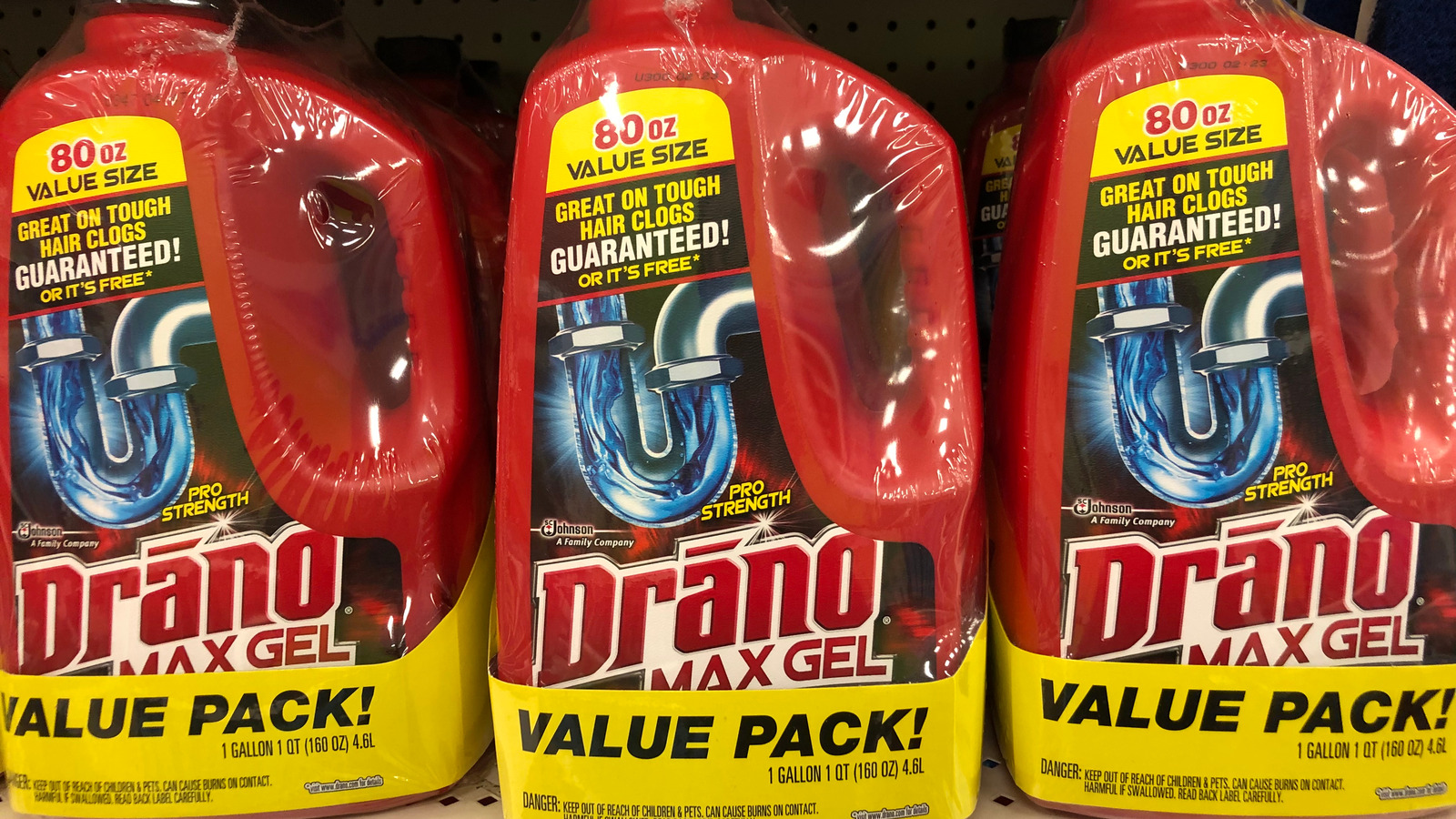
What to Do If You Inhale Drain Cleaner Fumes
Drain cleaner fumes can be harmful if inhaled, causing irritation to the respiratory tract and potentially leading to more serious health problems. If you find yourself in a situation where you have accidentally inhaled drain cleaner fumes, it’s important to take immediate action to ensure your safety and well-being. In this article, we will discuss the steps you should take if you inhale drain cleaner fumes and how to mitigate any potential damage that may have occurred.
Step 1: Remove Yourself from the Area
The first and most crucial step when dealing with the inhalation of drain cleaner fumes is to remove yourself from the area immediately. If you are indoors, go outside to get some fresh air. If you are unable to leave the area, try to open windows and doors to ventilate the space as much as possible. Breathing in fresh air will help dilute the concentration of the chemicals in your respiratory system, reducing the potential harm they can cause.
It’s important to remember that drain cleaner fumes can be toxic and can have both short-term and long-term effects on your health. Even if you are feeling fine initially, it’s always better to err on the side of caution and seek medical attention. In some cases, symptoms may not appear until several hours later, so it’s important to get professional advice.
Step 2: Seek Medical Attention
After removing yourself from the area, the next step is to seek immediate medical attention. Call your local emergency hotline or go to the nearest hospital to get a professional evaluation of your condition. It’s important to inform the medical staff about the specific drain cleaner product you were exposed to and the duration of exposure, as this information will help them determine the appropriate course of action.
Medical professionals will be able to assess your symptoms, conduct any necessary tests, and provide the appropriate treatment to address any potential damage caused by the inhalation of drain cleaner fumes. They may also recommend additional follow-up appointments or actions, depending on the severity of your condition.
Step 3: Stay Hydrated and Rest
While waiting for medical assistance, it is important to stay hydrated and get some rest. Drinking plenty of water can help flush out any chemicals that may have entered your system and soothe any potential irritation in your respiratory tract. Avoid smoking or consuming any other substances that may further aggravate your condition.
Resting is essential to allow your body to recover from the exposure to drain cleaner fumes. Avoid any strenuous physical activity that may strain your respiratory system. It is also a good idea to monitor your symptoms closely and seek medical attention if they worsen or new symptoms develop.
Step 4: Follow the Advice of Medical Professionals
After receiving medical assistance, it is crucial to follow the advice and instructions given by the healthcare professionals. They will provide guidance on any necessary treatment, medications, or follow-up appointments that may be required. Be sure to communicate any symptoms or concerns you may have, as this will help the medical professionals make an accurate assessment of your condition.
Additionally, it is important to keep in mind that prevention is always better than cure. Take proactive measures to minimize your exposure to harmful chemicals, such as wearing protective gloves and masks when handling drain cleaner products, ensuring proper ventilation in areas where these products are used, and storing them securely out of reach of children and pets.
Immediate Steps to Take after Inhaling Drain Cleaner Fumes
Stay Calm and Remove Yourself from the Source
If you inhale drain cleaner fumes, it’s crucial to stay calm and remove yourself from the source immediately. Find a well-ventilated area or go outside to get fresh air.
Call for Help and Seek Medical Attention
After removing yourself from the source, call your local emergency hotline or seek medical attention as soon as possible. Inform them about the situation and provide details about the drain cleaner product you were exposed to.
Do Not Induce Vomiting
While it may be tempting to induce vomiting, it is not recommended if you have inhaled drain cleaner fumes. This can further irritate your respiratory system and potentially cause more harm.
Prevention Tips for Avoiding Exposure to Drain Cleaner Fumes
Wear Protective Gear
When handling drain cleaner products, always wear protective gear such as gloves, goggles, and a mask. This will help prevent direct contact with your skin, eyes, and respiratory system.
Ensure Proper Ventilation
When using drain cleaners, make sure the area is well-ventilated. Open windows and doors, or use fans to circulate fresh air and remove any fumes.
Proper Storage and Disposal
Store drain cleaner products securely, out of reach of children and pets. Follow the instructions on the packaging for proper disposal of any unused or expired products.
Long-Term Effects of Inhaling Drain Cleaner Fumes
Respiratory Problems
Inhaling drain cleaner fumes can cause respiratory problems, such as difficulty breathing, coughing, and wheezing. Prolonged exposure may lead to chronic respiratory conditions.
Risk of Chemical Burns
Some drain cleaners contain highly corrosive chemicals that can cause chemical burns if they come into contact with the skin, eyes, or mucous membranes. Inhaling these fumes increases the risk of such burns in the respiratory tract.
Organ Damage
In severe cases, prolonged exposure to drain cleaner fumes can cause damage to internal organs, such as the lungs and liver. This can lead to long-term health complications and may require specialized medical treatment.
Remember, if you ever find yourself in a situation where you inhale drain cleaner fumes, follow the steps outlined above and seek immediate medical attention. It is always better to be safe and get a professional evaluation to ensure your well-being. Prevention is key, so take the necessary precautions to avoid exposure to harmful chemicals and always handle drain cleaner products with care.
Key Takeaways: What to Do If You Inhale Drain Cleaner Fumes
- Move to a well-ventilated area immediately.
- Seek fresh air and breathe deeply.
- Do not induce vomiting or drink water.
- Contact a poison control center or seek medical help.
- Provide information about the type of drain cleaner inhaled.
Frequently Asked Questions
Welcome to our FAQ section on what to do if you accidentally inhale drain cleaner fumes. Let’s dive into some common questions and answers related to this situation.
What are the potential health risks of inhaling drain cleaner fumes?
Inhaling drain cleaner fumes can be harmful to your health. It may cause irritation and burning sensations in your nose, throat, and lungs. It can also lead to difficulty breathing, coughing, and chest pain. In severe cases, it can result in chemical burns or damage to the respiratory system.
If you experience any symptoms after inhaling drain cleaner fumes, it is essential to seek immediate medical attention to minimize the potential risks and receive appropriate treatment.
What should I do if I accidentally inhale drain cleaner fumes?
If you accidentally inhale drain cleaner fumes, the first step is to get to a well-ventilated area with fresh air. Move away from the source of the fumes, preferably outdoors or open windows to increase ventilation. Avoid breathing in the fumes any longer than necessary.
Next, contact a poison control center or seek medical assistance. They will provide you with specific guidance based on the type of drain cleaner involved and the severity of symptoms. It is crucial not to delay seeking professional help as they can assess the situation and provide the appropriate medical treatment.
Should I induce vomiting if I inhale drain cleaner fumes?
No, you should not induce vomiting if you inhale drain cleaner fumes. Ingesting or swallowing the drain cleaner is a different situation that may require inducing vomiting, but inhaling the fumes is not the same. Inducing vomiting in this scenario may lead to further complications or increase the risk of aspiration.
If you accidentally inhale drain cleaner fumes, focus on getting to a well-ventilated area with fresh air and seek medical attention immediately to receive proper guidance and treatment.
Can I use a mask or cloth to protect myself from drain cleaner fumes?
While it is understandable to consider using a mask or cloth to protect yourself from drain cleaner fumes, it may not be the most effective method. The fumes can still penetrate through many types of masks or fabrics and potentially harm your respiratory system.
The best course of action is to prioritize getting to fresh air and seeking medical attention. Respiratory protection, such as a properly fitted respirator, should be used by professionals who are trained in handling such chemicals.
How can I prevent inhaling drain cleaner fumes in the first place?
Preventing the inhalation of drain cleaner fumes begins with following safety precautions. When using drain cleaners, make sure the area is well-ventilated by opening windows or using exhaust fans. Wear protective gear such as gloves and safety glasses, and avoid leaning directly over the drain when applying the cleaner.
If possible, consider using alternative methods to unclog drains, such as using a drain snake or natural drain cleaners. By taking these preventive measures, you can reduce the risk of inhaling harmful fumes and safeguard your health.
Summary
So, if you accidentally inhale drain cleaner fumes, the most important thing to do is to get fresh air immediately. Make sure to move to an open area and take deep breaths. Call for help if you’re feeling dizzy or having trouble breathing. It’s also crucial to avoid touching or swallowing any residue, so rinse your mouth with water and try not to panic. The next step is to seek medical attention right away, as drain cleaner fumes can be harmful and may cause throat or lung irritation. Stay calm and let the medical professionals take care of you. Remember, it’s always better to be safe than sorry when dealing with potentially harmful chemicals.
In the future, be cautious and prevent these situations by using drain cleaners in well-ventilated areas and wearing protective gear like gloves and masks. Keep children and pets away from the area and store the cleaners in locked cabinets. By following these safety measures, you can avoid any accidents or exposure to toxic fumes. Take care of yourself, and always prioritize your well-being!

